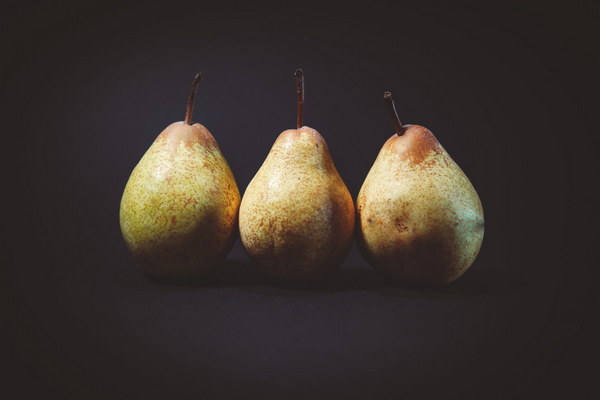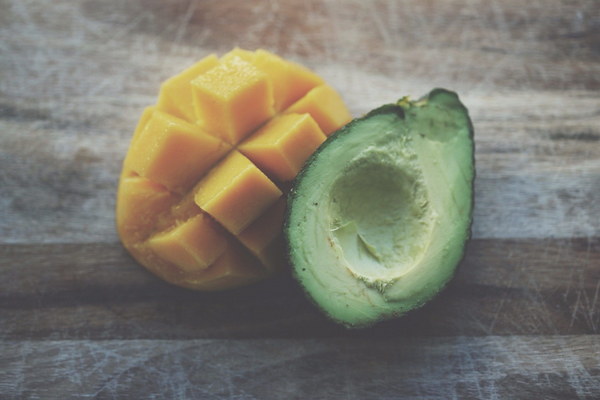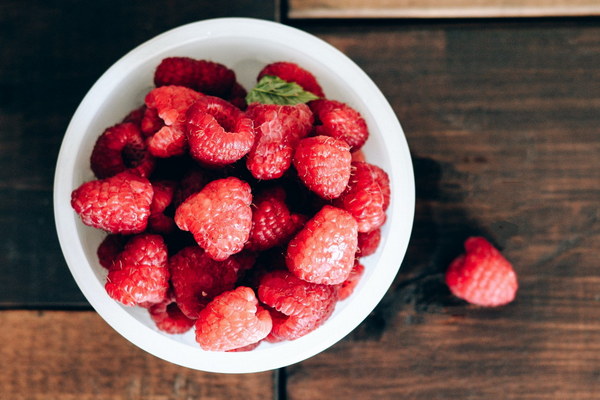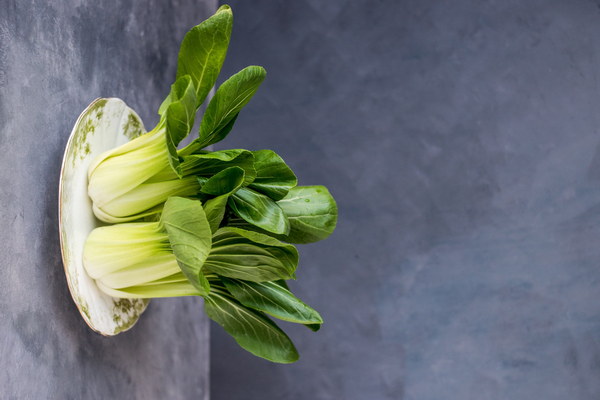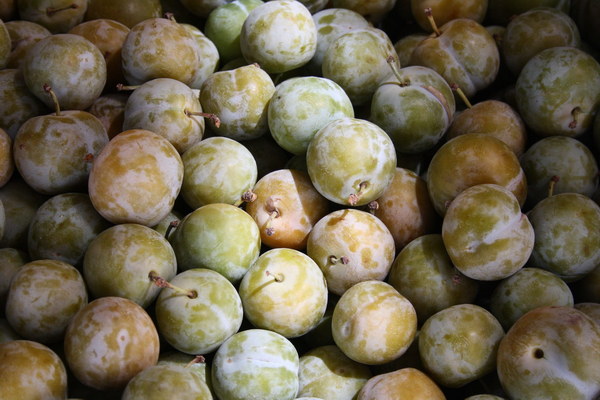Boosting Vitality A Comprehensive Guide to Uyghur Herbal Practices for Nourishing Qi and Blood
In the realm of traditional medicine, the concept of Qi (vital energy) and Blood (nutrient-rich fluid) holds a significant place. For the Uyghur people, a diverse ethnic group with a rich heritage in Central Asia, maintaining a balanced Qi and Blood is crucial for overall health and well-being. In this article, we will explore the traditional Uyghur practices for nourishing Qi and Blood, offering a comprehensive guide to harnessing the power of natural herbs.
The Uyghur herbal practices for Qi and Blood focus on the belief that a healthy body is one where Qi flows smoothly and Blood is rich in nutrients. To achieve this balance, they employ a variety of natural herbs that have been used for centuries. Here are some of the key herbs and their benefits:
1. Astragalus (Huang Qi)
Astragalus is a popular herb in traditional Chinese medicine, and it is no different for the Uyghur people. Known for its immune-boosting properties, it helps to enhance Qi and strengthen the body's defense system. The herb is also used to treat fatigue, weakness, and respiratory issues.
2. Codonopsis (Dang Shen)
Codonopsis is another essential herb for nourishing Qi and Blood. It is believed to improve energy levels, reduce fatigue, and enhance cognitive function. Additionally, Codonopsis is used to treat anemia, as it helps to increase red blood cell production.
3. Goji Berries (Gou Qi Zi)
Goji berries are a superfood that is highly valued in Uyghur herbal medicine. They are rich in antioxidants, vitamins, and minerals, which help to boost Qi and Blood. Goji berries are also known for their anti-aging properties, as they can improve skin health and reduce inflammation.
4. Schisandra (Wu Wei Zi)
Schisandra is an adaptogenic herb that is used to nourish both Qi and Blood. It is known for its ability to improve mental clarity, reduce stress, and enhance overall well-being. Schisandra is also used to treat insomnia, anxiety, and fatigue.
5. Licorice (Gan Cao)
Licorice is a versatile herb that is often used in Uyghur herbal remedies. It helps to harmonize the body's Yin and Yang energies, which in turn, promotes the flow of Qi and Blood. Licorice is also used to reduce inflammation, improve digestion, and alleviate coughs and colds.

To incorporate these herbs into your daily routine, there are several methods you can try:
1. Teas: Brew a concoction of these herbs to create a rejuvenating tea that can be consumed daily. For instance, mix Astragalus, Codonopsis, and Schisandra to create a tea that boosts energy and improves cognitive function.
2. Tonics: Prepare a herbal tonic by simmering the herbs in water for several hours. Strain the mixture and store it in a bottle for daily consumption. Tonics can be taken in small amounts throughout the day to maintain a steady flow of Qi and Blood.
3. Poultices: Grind the herbs into a fine powder and apply them topically as a poultice to alleviate muscle pain, inflammation, and other physical ailments.
4. Supplements: If you prefer a more convenient approach, consider taking herbal supplements that contain these ingredients. However, always consult with a healthcare professional before starting any new supplement regimen.
In conclusion, the Uyghur herbal practices for nourishing Qi and Blood offer a natural, holistic approach to maintaining a healthy body and mind. By incorporating these traditional remedies into your daily routine, you can experience the benefits of enhanced energy, improved cognitive function, and a stronger immune system. Remember, the key to a balanced Qi and Blood is consistency and moderation, so start with small doses and gradually increase as needed.

